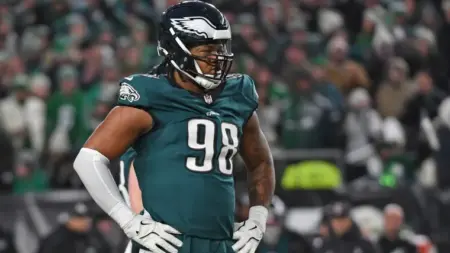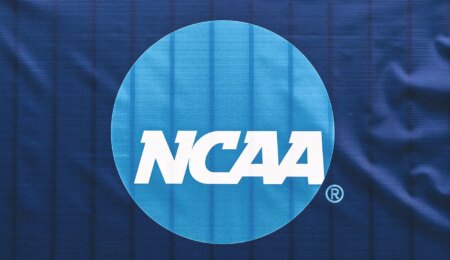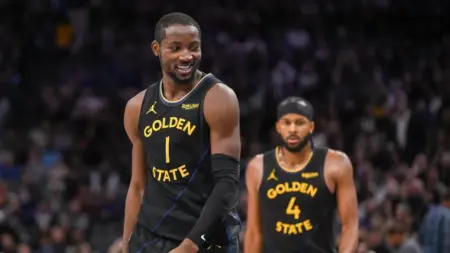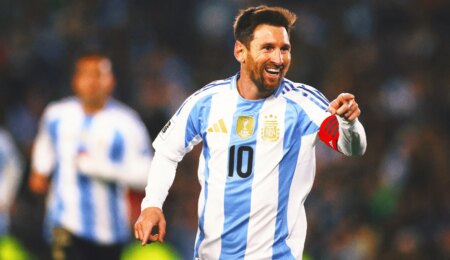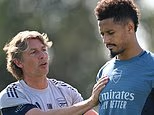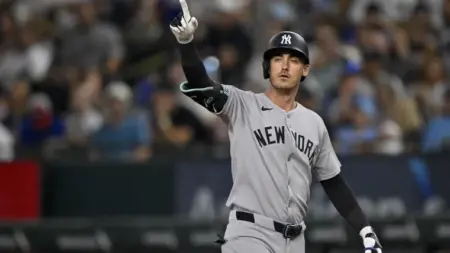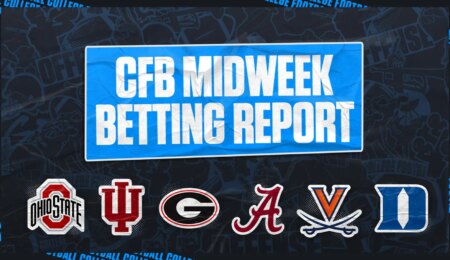The Call to Ban the Jackal: A Bid for Safer Rugby
Dr. Barry O’Driscoll, a lifetime advocate for the safety of rugby union, has proposed a radical change to the sport: banning the jackal. The jackal is the method by which players compete for the ball at a breakdown, a high-contact area where serious injuries are common. O’Driscoll, who resigned from his position as a senior medical advisor to World Rugby in 2012 over the introduction of concussion protocols, believes this step is necessary to reduce the risk of head injuries. ‘The amount of contact has to be reduced,’ he says. ‘The hits are so hard now. The next step for me is the jackal. That has to go.’ O’Driscoll also suggests reducing the number of players on the field to 13, a move that would bring union closer to rugby league and could be unpopular among traditional fans. Despite the potential backlash, O’Driscoll’s experience and foresight make his suggestions worth serious consideration.
A Family Legacy in Rugby and Medicine
Barry O’Driscoll comes from a family deeply rooted in both rugby and medicine. His cousin’s son, Brian O’Driscoll, is one of the greatest Irish and Lions players of all time, with 133 caps for Ireland and eight for the Lions. Barry’s son, Gary, is the current head of sports medicine at Manchester United, having previously held the same role at Arsenal. ‘I’m from a medical and rugby family,’ O’Driscoll reflects. ‘I got an awful lot out of the game and I’ve been very lucky to get to 83 with just early dementia.’ O’Driscoll’s dedication to the sport is evident, and his insights into the dangers of rugby are informed by both personal and professional experience. He acknowledges the risks but remains grateful for the camaraderie and experiences rugby has provided him.
The Impact of the Jackal and the Need for Change
The jackal is a critical aspect of modern rugby, where opposition defenders attempt to compete for possession at a breakdown. Attacking players use clearing techniques to limit the jackal, often resulting in a brutal physical contest. This high-contact area is where serious injuries, particularly head injuries, are most common. Removing the jackal would significantly reduce the risk of injury, but it would also eliminate the strengths of breakdown specialists like Toulouse’s Jack Willis, Sam Warburton, and David Pocock. Former Wales and Lions captain Sam Warburton argues that international rugby has become much safer, but O’Driscoll believes more radical action is needed. ‘You have to victimise a side for foul play,’ he says, criticizing the 20-minute red card trial in the Six Nations. ‘Any side can make up for a player being off for just 20 minutes, but not for longer.’
England’s Northern Training Camp: Mixed Reactions
England’s training camp in York last week aimed to engage northern fans who often struggle to attend matches in London. Thousands of supporters, including many school children, attended the open session at the LNER Community Stadium. The atmosphere was generally positive, with captain Maro Itoje and World Cup-winning team manager Richard Hill thanking the crowd. However, the session took an unexpected turn when center Henry Slade, who has been dropped from the side to face Italy, made a less-than-flattering comment about the north. When asked if it was good to be in York, Slade remarked, ‘It’s a bit too far north for me. It’s quite cold.’ The clapping gave way to boos, and Slade’s diplomatic career, if he had one, certainly didn’t get off to a good start.
Varsity Match: Brothers and Antarctic Explorers Unite
The annual Varsity match between Oxford and Cambridge is set to feature a unique lineup this weekend. In the men’s match, brothers James and Harry Pratt will both be on Oxford’s bench, marking a change from last year when James played against Harry for Cambridge in a 56-11 defeat. This year, they will team up as Oxford seeks revenge. In the women’s match, Cambridge’s Phoebe Jackson, who is pursuing a PhD in Antarctic Glaciology, will take a break from her research to bid for rugby glory. Jackson’s dual role as a flying center and a scientist studying Antarctic atmospheric rivers highlights the diverse talents of the players involved.
France’s Inspirational Pre-Match Pep Talk
France’s rugby team received a morale boost before their Six Nations title decider against Ireland with a visit from football legend Thierry Henry. Henry, a World Cup winner with France in 1998 and an Arsenal icon, spoke to the team and posed for pictures with players, including captain Antoine Dupont. His presence was particularly significant given France’s next opposition, as Henry’s handball in a 2009 World Cup qualifier controversially prevented Ireland’s football team from reaching the 2010 World Cup. French rugby’s attack coach Patrick Arlettaz praised Henry’s ability to connect with multiple generations, noting that his sincerity and openness resonated with the team. ‘It’s what we look for when we ask inspiring people to talk to the squad,’ Arlettaz said.


